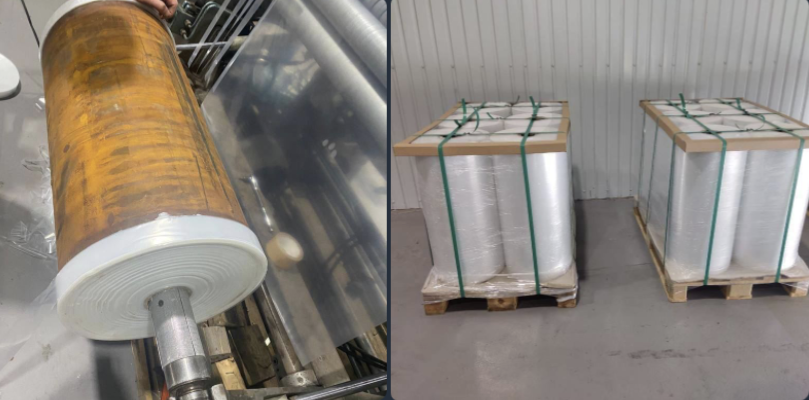this post was submitted on 19 Aug 2023
69 points (96.0% liked)
Ukraine
8306 readers
737 users here now
News and discussion related to Ukraine
*Sympathy for enemy combatants is prohibited.
*No content depicting extreme violence or gore.
*Posts containing combat footage should include [Combat] in title
*Combat videos containing any footage of a visible human must be flagged NSFW
Server Rules
- Remember the human! (no harassment, threats, etc.)
- No racism or other discrimination
- No Nazis, QAnon or similar
- No porn
- No ads or spam
- No content against Finnish law
Donate to support Ukraine's Defense
Donate to support Humanitarian Aid
founded 2 years ago
MODERATORS
you are viewing a single comment's thread
view the rest of the comments
view the rest of the comments



The vapors of hexane are highly explosive. There have been several industrial accidents caused by them.
All they had to do was to have the tanks leak a small amount to build up vapors in the back of the truck. Then trigger a small ignition source to ignite them.
This would cause the initial blast and light all the liquid on fire. The high heat generated by the fire damaged the bridge further.
It's like gasoline, basically. Actually, there's a lot of it in gasoline. The thing is it's tricky getting just the right fuel-air mix for something like that to blow up. I wonder if there was additional high explosive inside to disperse it first.